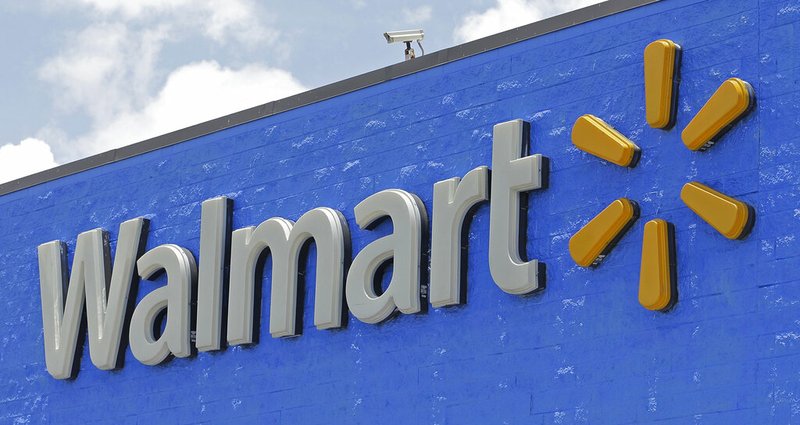Walmart Inc. agreed Thursday to pay $282.7 million to resolve a federal investigation into claims of corruption at its operations in Brazil, Mexico, China and India, according to federal court filings.
The Bentonville-based retailer said in a statement that the settlement ends the more than seven-year investigation by the Department of Justice and the Securities and Exchange Commission into Walmart's compliance with the U.S. Foreign Corrupt Practices Act.
Walmart had set aside about $283 million for the settlement in November 2017, according to its statement. "As a result, the amount will not materially impact Walmart's financial results," the company said.
The settlement terms include paying a $138 million penalty to the Justice Department and $144.7 million in profits plus interest to the Securities and Exchange Commission. As part of a three-year nonprosecution agreement between Walmart and the Justice Department, a $4.3 million penalty against the retailer's subsidiary WMT Brasilia S.a.r.l. will be deducted from the amount Walmart owes.
The Justice Department agreed not to prosecute Walmart if it meets its obligations under the agreement. Also as part of the agreement, WMT Brasilia S.a.r.l. entered a guilty plea in the U.S. District Court for the Eastern Division of Virginia for "causing a books and records violation" of the anti-corruption act, Walmart said.
A Justice Department news release said Walmart's problems with the four foreign subsidiaries stemmed from the practice at those units of hiring third-party intermediaries to obtain necessary store operating permits and licenses. Some of these intermediaries resorted to bribery to speed the permitting process, according to the release.
'WERE AWARE'
From 2000 to 2011, the release states, "certain Walmart personnel responsible for implementing and maintaining the company's internal accounting controls related to anti-corruption were aware of certain failures involving these controls, including relating to potentially improper payments to government officials," but failed to carry out the measures intended to prevent any improprieties.
Prosecutors said Walmart looked the other way as subsidiaries on three continents paid millions of dollars to middle men with ties to foreign governments from July 2000 to April 2011, The New York Times reported Thursday.
In Brazil, many payments flowed through the "sorceress," an otherwise unidentified individual who was also nicknamed the "genie" for sorting "things out like magic," according to court documents.
This person charged a steep price, roughly $400,000, to help smooth the process of getting building permits. Walmart employees in Brazil raised alarms that the "sorceress" may have been a government employee, but those concerns went nowhere.
The questionable payments made to fixers in India were often recorded on the company's books with vague descriptions like "professional fees" and "incidental." As late as July 2011, Walmart received an anonymous tip that an employee in India was involved in a scheme to make improper payments to government officials, but the company never looked into it.
"Walmart profited from rapid international expansion, but in doing so chose not to take necessary steps to avoid corruption," Brian A. Benczkowski, an assistant attorney general, said in a statement.
Walmart President and Chief Executive Officer Doug McMillon said in the retailer's statement that the company has "enhanced our policies, procedures and systems and invested tremendous resources globally into ethics and compliance." As a result, he said, the retailer now has a strong Global Anti-Corruption Compliance Program.
Walmart's statement lists some of the steps the company took to strengthen its compliance program. These include hiring key leaders such as a global ethics and compliance officer, an international ethics and compliance officer and a global anti-corruption officer; implementing an automated global license management system for licenses and permits; and ending business relationships "with third parties involved in the conduct at issue."
Information for this article was contributed by Michael Corkery of The New York Times.
A Section on 06/21/2019
